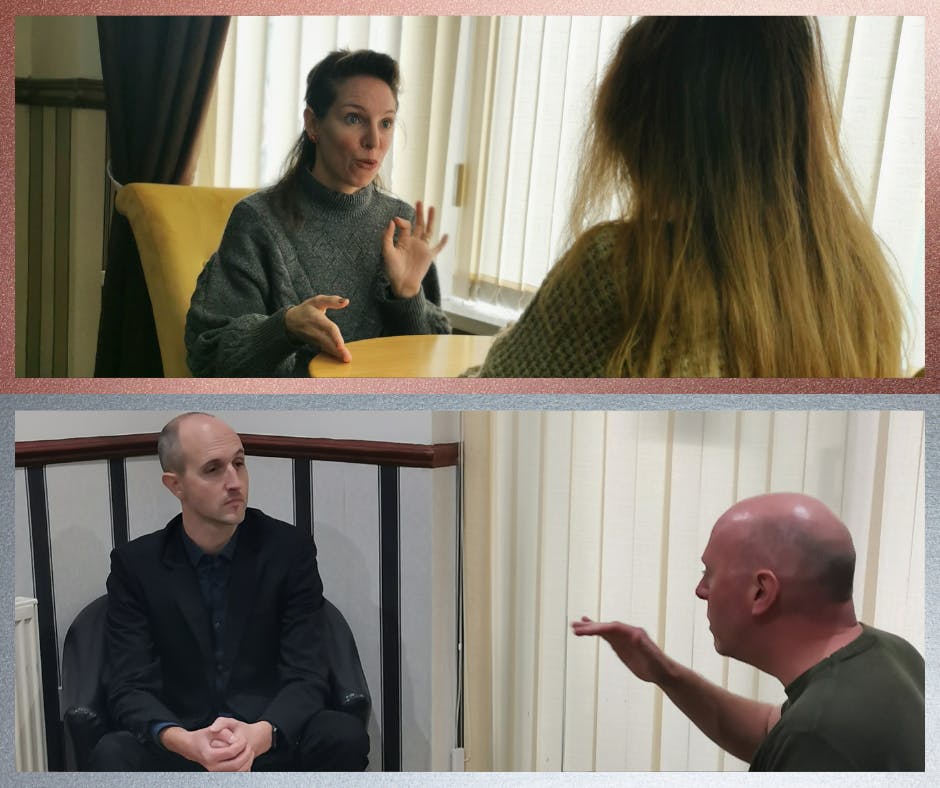
Lack of commitment, fear of rejection, fear of failure, negative self-talk, perfectionism, withdrawal, self-destructive habits or unconscious beliefs that set oneself for failure are just a few to name how we can sabotage ourselves and our relationships. Self-sabotage often manifests as behaviours, thoughts or actions that hinder our success or make it difficult no matter how hard we work to get things right. If you want to succeed in whatever is important to you identifying and addressing the underlying causes is critical.

The pain for the loss of our loved ones sometimes can be so devasting that we bury it deep in our unconscious mind until we are ready to deal with it. It is then very typical to find different ways to cope with it like getting really busy, numbing the pain with alcohol, or pretending that all is good. When the loss of a loved one is not grieved properly often people find themselves facing the symptoms and feeling like life is hard. Failed business, failed pregnancy attempts, guilt, inability to take our own space in the world, accidents, self-harm, failed relationships, anxiety, deppression, are just some of the effects of not grieving for our loved ones. We can also experience the same symptoms as an effect of any kind of loss like moving countries, moving houses or being made redundant.

Recognising and addressing manipulation is vital for our well-being and safety. We often see how some people don't know how to stand for themselves or set boundaries with others falling into power struggles like control, manipulation, gaslighting, or abuse of any kind. Abuse can be really sneaky and difficult to identify to the point that it happens sometimes that people who believe themselves being the victims are actually the perpetrators. Having an open mind to look within ourselves is critical to be able to break these unhelthy and destructive dynamics that are corrosive for all the people around us.

Very often separating from your partner can be one of the most painful experiences that we can encounter in life. Insecurity, self-doubt, guilt, regret, rejection, infidelity, abandonment or going back to simply end up just breaking up again are some of the challenges that people experience. When people finish a relationship without doing a proper introspection work it is really typical to see them facing the same feelings in new relationships, most typically with other future partners but also with their children or at work. We often question why the break up happened and it is very easy to point the finger out but in truth it takes two to tango.

Very frequently people feel that they live in the same building but get along more like flatmates or brother and sister where they seem to have separate lives. Some other people feel that their partner presents more like a little boy or girl and that this affects intimacy. And others struggle to understand why they get on so well and seem to accomplish a lot together but when it comes to physical intimacy things don't work so well. The lack or loss of sexual attraction can happen to both partners but most typically to only one of them and often it comes with a lot of guilt and shame. If you resonate with this don't despair as this can be one of the easiest and fastest things to resolve if you follow our proven process!

Verbal outbursts, physical aggression, passive-aggressive behaviour, criticism and blame, constant intense irritability, sarcasm and mockery, withdrawal, jealousy and possessiveness, clenched jaw or tight muscles, substance abuse or repetitive arguments are just a few to name amongst the many different ways in which people with underlying issues from the past that have not been addressed can express their anger. If you feel out of control or have tried "everything" but are still going through this negative cycle reach out because anger and stress are top contributors to a range of health issues and one of the top predictors of failing relationships.










